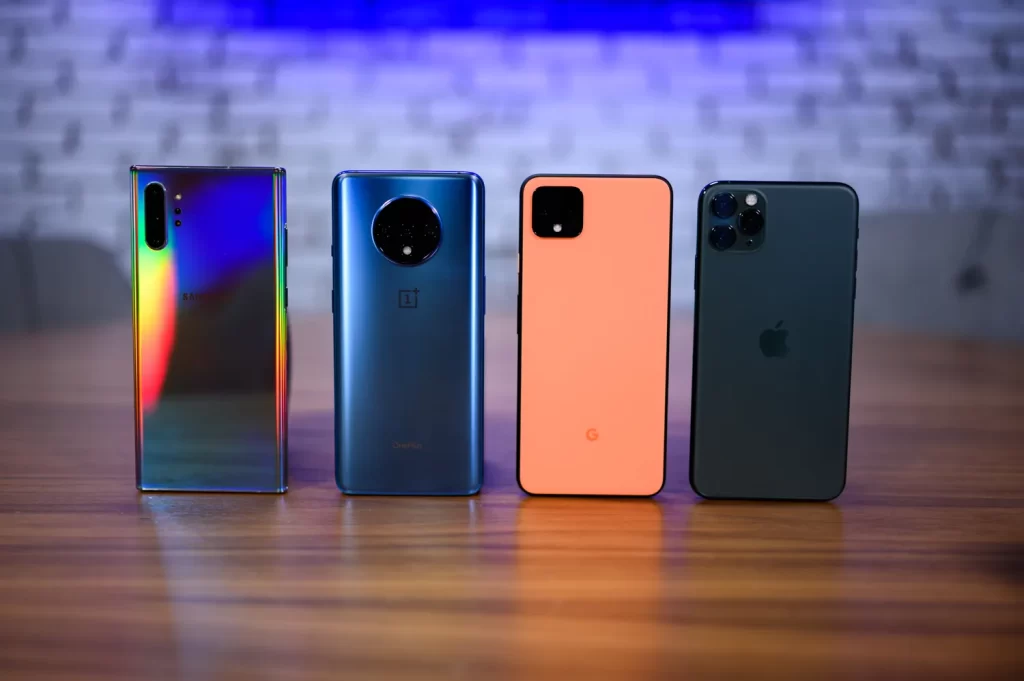Understanding Phone Carriers
Mobile communication has become an indispensable part of modern life, facilitated by phone carriers, also known as mobile network operators (MNOs). These companies provide essential services such as voice calls, text messaging, and data connectivity through cellular networks.
Learn how to find out phone number reverse search
Types of Phone Carriers
Phone carriers vary in scope and specialization, catering to diverse consumer needs:
Major National Carriers: These giants offer extensive coverage nationwide, boasting a wide array of plans and services tailored to various usage patterns.
Regional Carriers: Operating within specific geographical areas, regional carriers often provide competitive pricing and customized plans that resonate with local populations.
Mobile Virtual Network Operators (MVNOs): MVNOs lease network infrastructure from major carriers, delivering cost-effective plans without owning physical networks.
Prepaid Carriers: Ideal for budget-conscious consumers, prepaid carriers allow upfront payment for services without the hassle of long-term contracts.
Factors to Consider When Choosing a Phone Carrier
Making an informed choice when selecting a phone carrier involves evaluating several key factors:
- Coverage and Network Quality
The reliability and strength of a carrier’s network in your area are critical. Assess coverage maps and seek local recommendations to gauge network performance.
- Pricing and Plans
Compare plans across carriers, considering your data, call, and text usage. Factor in additional fees and taxes that can influence overall costs.
- Contract vs. No Contract
Decide between contract-based plans, which may offer subsidized devices with early termination fees, or no-contract options that provide flexibility but require upfront device costs.
- Device Compatibility
Ensure your current or intended device is compatible with the carrier’s network technology (GSM or CDMA) to avoid compatibility issues.
- Data Speeds and Throttling
For users requiring high-speed internet, investigate carrier data speeds and any policies on data throttling after reaching usage limits.
- Customer Service and Support
Evaluate customer reviews to gauge the quality of support provided by each carrier, crucial for resolving technical issues or billing queries promptly.
- International Roaming
Frequent travellers should consider carriers offering affordable international roaming plans to avoid excessive charges abroad.
Overview of Major National Carriers
- Verizon Wireless
Verizon boasts extensive coverage and a reputation for network reliability, offering diverse plans including unlimited data options.
- AT&T
Known for broad coverage and family-friendly plans, AT&T provides competitive bundles for streaming and communication needs.
- T-Mobile
T-Mobile stands out with competitive pricing and innovative perks like T-Mobile Tuesdays, focusing on expanding its advanced 5G network.
Regional Carriers Overview
- US Cellular
Operating in specific regions, US Cellular offers reliable coverage and competitive pricing, particularly catering to rural and smaller markets.
- C Spire Wireless
Focused on the southeastern U.S., C Spire emphasizes personalized customer service and tailored plans to meet local demands.
Mobile Virtual Network Operators (MVNOs)
- Boost Mobile
As a budget-friendly option leveraging T-Mobile’s network, Boost Mobile offers affordable prepaid plans popular among cost-conscious consumers.
- Mint Mobile
Known for straightforward pricing and bulk-buying discounts, Mint Mobile’s prepaid plans run on T-Mobile’s network, appealing to savvy shoppers.


